Campus
Campus is the higher education corner of EuropeNow. Its goal is to bridge interdisciplinary research with teaching and learning by highlighting how educators engage students with major research questions relating to Europe and to confront issues emerging in higher education in Europe or about Europe and European Studies. It also provides instructors with innovative pedagogical tools around critical topics by gathering educational materials and featuring educators’ reflections on their experiences in the classroom and beyond. Through its different content types below, EuropeNow Campus seeks to promote a culture of sharing best practices and to encourage the creation of a pedagogical commons to become a go-to platform for teaching Europe..
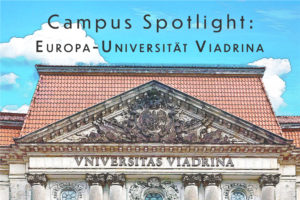
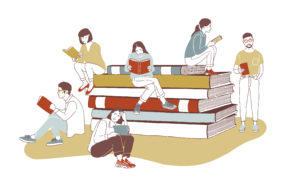

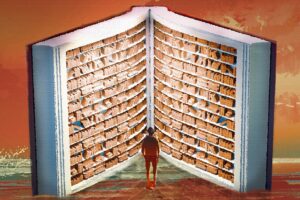
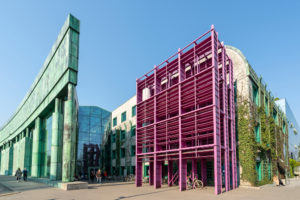


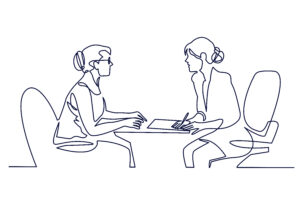


Anyone involved in higher education is welcome to contribute to any category of Campus content. Only Spotlights are reserved for institutions that are members of the Council for European Studies or for institutions with which members have partnered. EuropeNow Campus is especially interested in approaches that use the higher education classroom to make concrete contributions towards investigating pressing challenges the world faces today, from global refugee flows to climate change, health inequalities, etc.
Higher education institutions play a key role in confronting these pressing issues, not only through research but by helping students engage critically and responsibly with the world around them. Profiles featured here dig into the crux of how educators have successfully implemented new strategies for pedagogical endeavors at their institutions and yielded concrete outcomes. In addition to highlighting these undertakings, EuropeNow Campus regularly publishes syllabi and reading lists connecting to EuropeNow topics, suggests how EuropeNow content can constitute a useful resource in educational settings, and conducts interviews with students and educators who contribute to narrowing the gap between classroom learning and real-world impact. Campus not only aims at supporting curriculum development but also at changing the student-teacher relationship, in effect blurring the lines between consumers and producers of knowledge, while also linking classrooms and campuses across space and national boundaries.

The European Commission’s support for the production of this publication does not constitute an endorsement of the contents, which reflect the views only of the authors, and the Commission cannot be held responsible for any use which may be made of the information contained therein.

